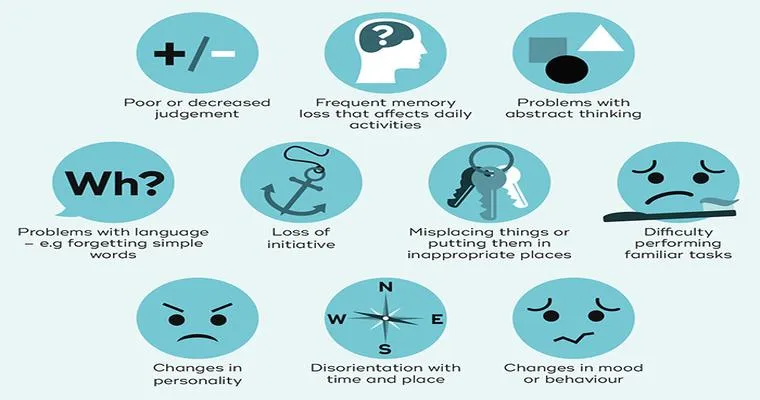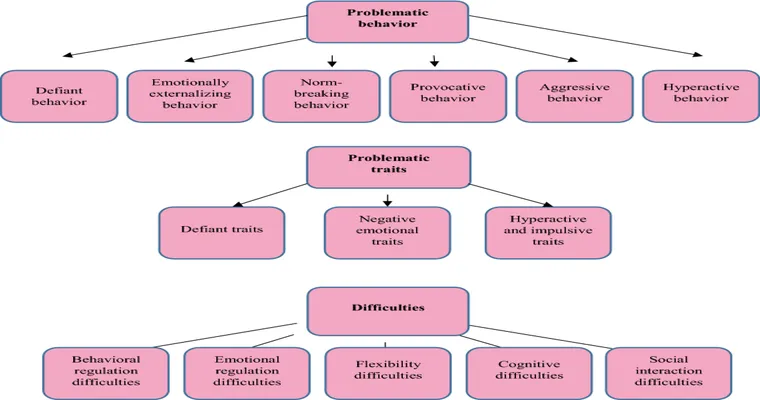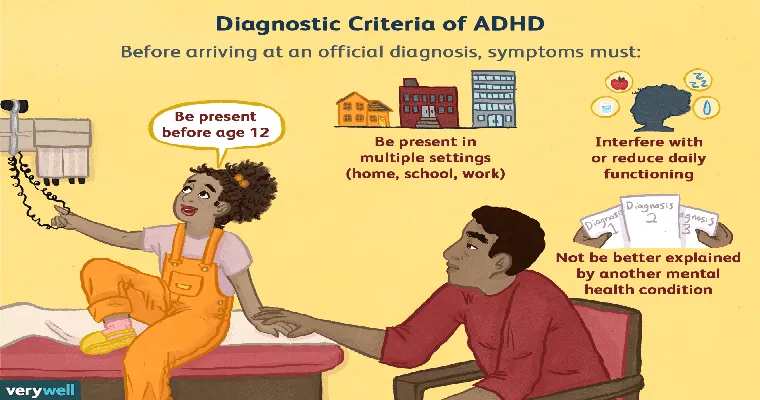Frontotemporal dementia (FTD) is a group of brain disorders that primarily affect the frontal and temporal lobes of the brain. One of the most significant "symptoms" of this condition is "behavior change". Unlike other forms of dementia, such as Alzheimer's disease, which primarily affects memory, FTD often leads to profound alterations in personality and social conduct. Understanding these "behavior changes" is crucial for early detection and intervention.
Individuals with frontotemporal dementia may exhibit a range of "behavioral symptoms" that can be perplexing for family members and caregivers. These changes can include a marked shift in personality, such as increased impulsivity, withdrawal from social interactions, or inappropriate social behaviors. For example, a person who was once friendly and outgoing may become socially isolated, while someone who was typically reserved may start making rude comments or engaging in risky behaviors. This transformation can be distressing for loved ones, as they may feel they are losing the essence of the person they once knew.
Another common behavioral change associated with FTD is a decline in empathy. Individuals may become less sensitive to the feelings and needs of others, leading to strained relationships and misunderstandings. This lack of empathy can manifest in various ways, such as neglecting the emotional needs of family members or failing to recognize social cues during conversations. Such changes can create a significant strain on family dynamics, making it essential for caregivers to seek support and guidance.
In addition to these emotional and social changes, individuals with frontotemporal dementia may also develop repetitive behaviors or routines. They might become fixated on specific activities or topics, often leading to obsessive tendencies that can disrupt daily life. This rigidity can make it challenging for caregivers to provide care, as individuals may resist changes in their routines or environments.
It is important to note that these "behavioral symptoms" can vary greatly among individuals with frontotemporal dementia. Some may experience more pronounced changes in behavior, while others may have subtler symptoms that can be easily overlooked. Early recognition of these signs is vital for ensuring that individuals receive appropriate medical care and support.
If you notice significant "behavior changes" in a loved one, it is essential to consult a healthcare professional for a thorough evaluation. A timely diagnosis can lead to better management of the condition and improved quality of life for both the individual and their caregivers. Understanding the link between "behavior change" and frontotemporal dementia is an important step in navigating this challenging journey.
In conclusion, "behavior change" is a hallmark sign of frontotemporal dementia that can profoundly impact individuals and their families. By recognizing these changes early, caregivers can take action to seek help and provide support for their loved ones. Awareness and education about frontotemporal dementia are crucial in addressing the unique challenges posed by this condition and fostering a compassionate environment for those affected.





